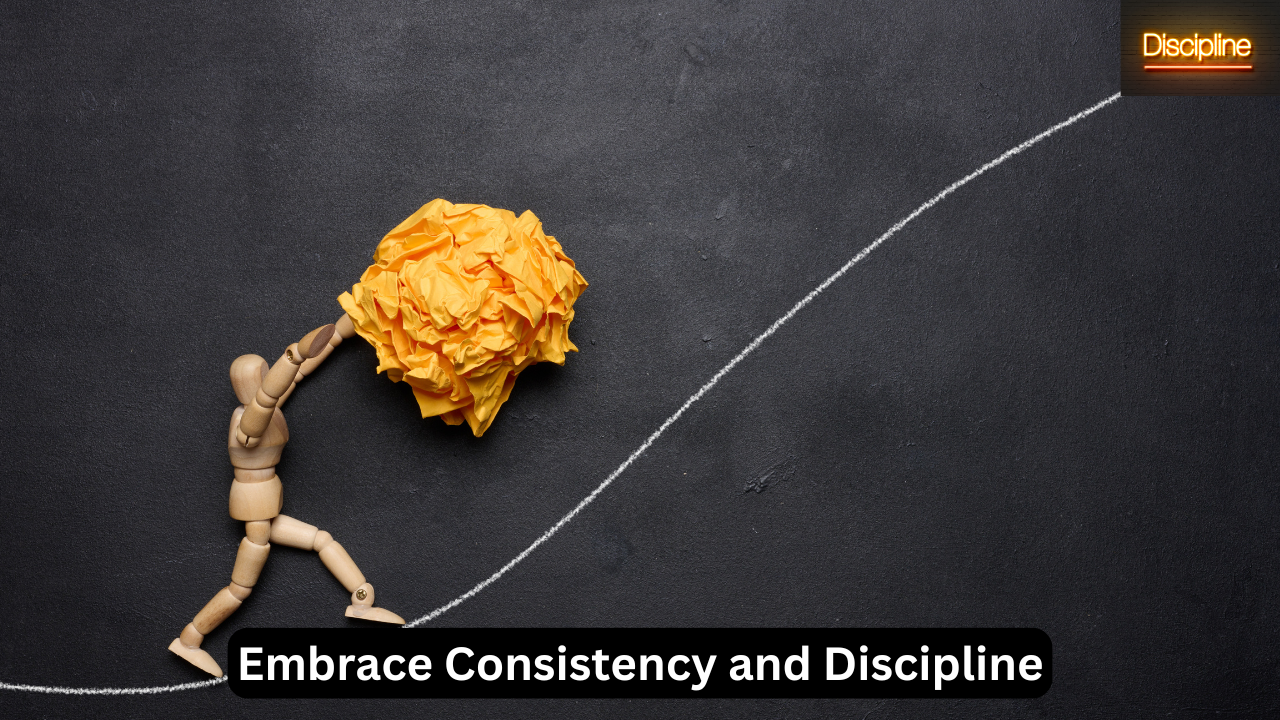Andrew Huberman Study Tips focus on improving learning through strategies like time-boxed sessions, NSDR, and the Gap Effect, helping individuals optimize focus, memory retention, and study efficiency.
Stanford neuroscientist Andrew Huberman has revolutionized the way we approach learning. His strategies, grounded in neuroscience, provide actionable insights to help learners boost focus, retain information, and learn faster. These tips are not just about studying harder—they emphasize studying smarter by understanding and working with your brain’s natural rhythms.
This article breaks down Andrew Huberman’s study tips into 10 easy-to-follow strategies that prioritize focus, alertness, and rest. Whether you’re a student or a professional looking to sharpen your skills, these methods will give you the tools to excel.
Understanding Learning and Neuroplasticity
Did you know your brain has a superpower? It’s called neuroplasticity—the remarkable ability of your brain and nervous system to adapt and change in response to new experiences. This is the key to all forms of learning, enabling you to strengthen skills, retain knowledge, and even form new habits. By tapping into neuroplasticity and leveraging memory systems, you can dramatically improve your ability to study and learn while minimizing the effects of forgetting.
What Is Neuroplasticity and Why Is It Crucial?
Neuroplasticity is your brain’s way of reshaping itself. Every time you learn something new, your brain undergoes subtle but powerful changes. These changes happen through three main mechanisms:
- Strengthening Synaptic Connections: Think of this as your brain “rewiring” itself to solidify the pathways between neurons that help you retain information.
- Weakening Synaptic Connections: Surprisingly, this isn’t a bad thing! When you learn a new motor skill or concept, your brain prunes unnecessary connections to make room for what truly matters.
- Neurogenesis: This is the creation of new neurons. While it’s the least common mechanism, it still plays a role in adapting to new knowledge and experiences.
1. Begin with an Alertness Ritual

Alertness is the foundation of effective learning. Starting your study session with an alert mind sets the tone for success. Huberman suggests several ways to boost alertness:
- Deep Breathing: Practice slow, diaphragmatic breaths to reduce stress and focus your mind.
- Physical Activity: A brisk walk, light stretching, or jumping jacks can energize your brain.
- Cold Exposure: Splash cold water on your face or take a cold shower to wake up your senses.
These small rituals help transition from a state of distraction to intense focus. Experiment to see which works best for you.
2. Utilize the Gap Effect
One of the most unique Andrew Huberman study tips is the Gap Effect, which involves incorporating intentional breaks during study sessions. Short pauses give your brain time to process and consolidate information.
How to Apply the Gap Effect:
| Step | Duration | Purpose |
|---|---|---|
| Study Intensively | 20-30 minutes | Focus on one task at a time. |
| Take a 10-Second Pause | 10 seconds | Allow mental reset and rest. |
| Resume Studying | Next 20-30 minutes | Engage with renewed focus. |
This approach works because the brain thrives on periodic breaks. Rather than pushing through fatigue, take advantage of these short gaps for better retention.
3. Practice the Stare and Focus Technique
Transitioning between tasks can disrupt focus. Huberman’s stare and focus technique is a simple yet effective way to reset your mind.
How It Works:
- Find a fixed point in the room, such as a corner or an object.
- Stare at it for 30-60 seconds without moving your eyes.
- Allow your mind to clear and prepare for the next task.
This Andrew Huberman study tips helps the brain shift gears, enhancing concentration and reducing cognitive fatigue.
4. Leverage Time-Boxed Study Sessions
Huberman emphasizes the importance of limiting study sessions to align with the brain’s natural ultradian rhythms. A session of up to 90 minutes ensures peak performance without overloading the brain.
Time-Boxed Study Plan Example:
| Activity | Duration | Purpose |
|---|---|---|
| Focused Study | 60-90 minutes | Dive deep into learning material. |
| Short Break (Gap) | 10-15 seconds | Quick cognitive reset. |
| Longer Break | 5-10 minutes | Recharge for the next session. |
Stick to this schedule to maintain energy and productivity throughout the day.
5. Incorporate Non-Sleep Deep Rest (NSDR)

After intense study sessions, Andrew Huberman study tips recommends Non-Sleep Deep Rest (NSDR), which includes activities like meditation or a short nap. This allows your brain to consolidate learning and recover.
Steps to Perform NSDR:
- Find a quiet place where you can relax undisturbed.
- Close your eyes and practice deep breathing or follow a guided meditation.
- Spend 20 minutes in this restful state.
NSDR enhances memory retention and prepares your mind for the next round of learning.
6. Prioritize Sleep for Memory Consolidation
While studying and focus are essential, nothing cements learning like a good night’s sleep. Huberman stresses that sleep plays a vital role in consolidating what you’ve learned.
Sleep Tips for Learners:
- Maintain a consistent sleep schedule, going to bed and waking up at the same times daily.
- Avoid screens and heavy meals 1-2 hours before sleep.
- Use white noise or a dark, cool room for better quality rest.
Aim for 7-9 hours of sleep every night to allow your brain to recharge and solidify information.
7. Tailor the System to Your Preferences
Huberman’s methods are adaptable, allowing you to tweak them based on your lifestyle and learning needs.
Personalization Tips:
- If deep breathing doesn’t work, try physical activities to enhance alertness.
- Adjust the length of study sessions and breaks to match your focus span.
- Use tools like Pomodoro timers to track your progress.
The flexibility of Huberman’s system ensures it works for everyone, from students to professionals.
8. Engage in Active Recall
Active recall is a proven method for reinforcing learning. After studying a topic, quiz yourself on key points without looking at your notes.
Why Active Recall Works:
- It forces the brain to retrieve information, strengthening memory connections.
- It highlights gaps in knowledge, allowing you to review weak areas.
Combine this technique with Andrew Huberman study tips for an even more effective study routine.
9. Use Visualization to Enhance Understanding
Visualization involves creating mental images or diagrams to represent concepts. This technique taps into the brain’s ability to process visual information effectively.
Example:
- When studying biology, imagine the processes of the human body as a flowchart.
- For math problems, visualize equations as real-world scenarios.
Visualization complements Huberman’s methods by making learning more engaging and memorable.
10. Embrace Consistency and Discipline

Finally, Huberman underscores the importance of regularity in learning. Developing a disciplined routine ensures steady progress over time.
Steps to Stay Consistent:
- Schedule your study sessions at the same time daily.
- Minimize distractions by creating a dedicated workspace.
- Reward yourself after completing sessions to stay motivated.
Consistency, combined with Huberman’s neuroscience-backed strategies, is the ultimate key to success.
FAQs About Andrew Huberman Study Tips
1. What is the Gap Effect, and how does it improve learning?
The Gap Effect involves taking short, intentional breaks during study sessions, allowing the brain to process and retain information more effectively.
2. How does NSDR help with memory retention?
Non-Sleep Deep Rest (NSDR), such as meditation or naps, consolidates knowledge and reduces mental fatigue after intense learning.
3. Why are time-boxed study sessions effective?
Time-boxed sessions align with the brain’s natural focus cycles, preventing burnout and ensuring high productivity.
4. Can I modify these study tips to fit my schedule?
Yes! Huberman’s methods are designed to be flexible, so you can personalize them based on your routine and preferences.
5. What role does sleep play in learning?
Sleep is crucial for memory consolidation, helping the brain store and organize the information learned during the day.
6. Is the stare and focus technique necessary?
This technique helps reset the brain, making it easier to transition between tasks and maintain concentration.
7. How can I stay consistent with these strategies?
Create a routine, eliminate distractions, and reward yourself for completing study sessions.
8. What is active recall, and why is it effective?
Active recall involves testing yourself on material without looking at notes, reinforcing memory connections and identifying weak points.
Conclusion: Master Learning with Andrew Huberman Study Tips
Andrew Huberman study tips combine cutting-edge neuroscience with practical strategies to help learners excel. By implementing techniques like the Gap Effect, time-boxed sessions, and NSDR, you can significantly boost focus, improve memory, and learn faster.
The key is to personalize these methods, embrace consistency, and prioritize rest. Whether you’re preparing for exams or acquiring new skills, these tips will unlock your brain’s full potential and pave the way for success. Please follow our blog Educationewz.



